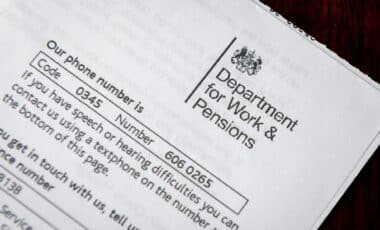The HM Revenue & Customs (HMRC) has announced significant updates to how it handles disputed charges in the Pay As You Earn (PAYE) system, reinstating the original terminology following backlash over a recent rebrand.
The changes were disclosed in the June 2025 Employer Bulletin, in which HMRC acknowledged that renaming disputed charges as “Charge Resolution” had caused confusion among users. This administrative U-turn is paired with operational changes aimed at easing how employers report discrepancies related to employee tax records.
The tax body revealed that it is developing an online form that will allow employers to formally submit disputes regarding PAYE liabilities. This replaces the current system, which relies on phone or postal communication and is often criticised for inefficiency.
Duplicate Employment Records Remain the Leading Cause of Discrepancies
One of the key challenges identified by HMRC is the creation of duplicate employment records, which continues to be the primary source of most disputed charges.
According to HMRC, the real-time nature of PAYE data submission increases the likelihood of errors, particularly when payroll data is not submitted correctly. These can include minor inconsistencies such as missing National Insurance numbers or incomplete payment data following an employee’s departure.
HMRC has stated that it is actively reviewing the underlying causes of these anomalies. In the June bulletin, it cited the implementation of “improved IT systems” and updated employer guidance as part of its preventative approach.
The guidance, titled Information you must get right when running your payroll, outlines mandatory data entry standards to avoid triggering system-generated errors.
The bulletin also clarifies that in cases where errors do result in a disputed charge, new internal procedures have been introduced to resolve them more quickly, reducing the need for direct contact with HMRC.
Employers will still have the option to call the Employers Helpline on 0300 200 3200 or send a letter to the HMRC address in North East England, but the new online option is expected to streamline case submissions significantly.
Communication and Accountability at the Centre of Reforms
According to HMRC, there have been “relatively few” instances of disputed charges requiring escalation, but the agency is taking a preventative stance by reviewing all related processes.
The bulletin also includes a helpsheet to guide employers in identifying and correcting errors before contacting HMRC, suggesting an increased focus on self-resolution.
These developments signal a wider shift in the government’s approach to employer taxation support. By acknowledging recent procedural missteps and outlining a more structured pathway for handling disputes, HMRC appears to be prioritising transparency and efficiency in its PAYE system oversight.









